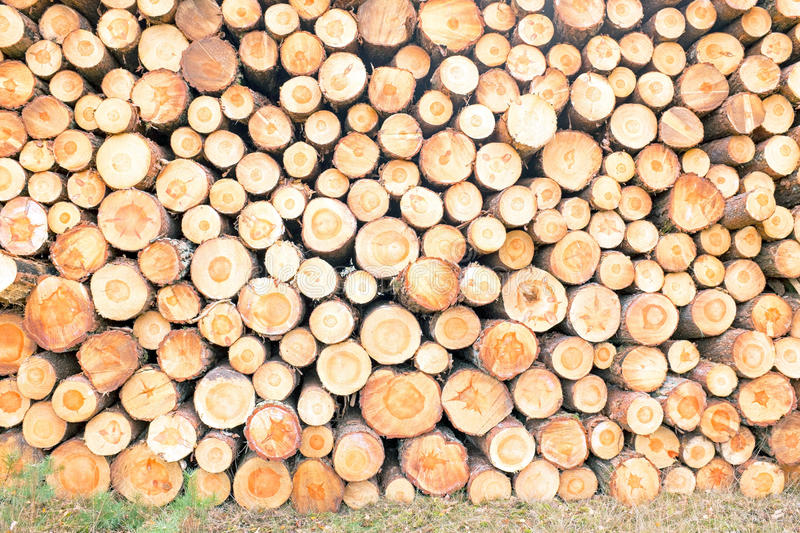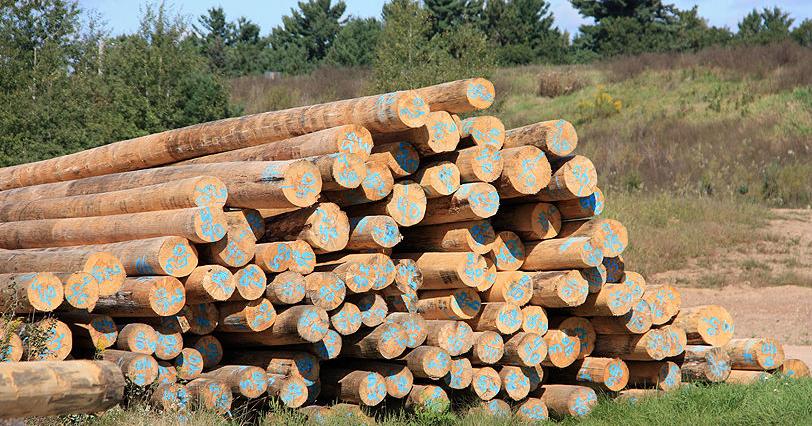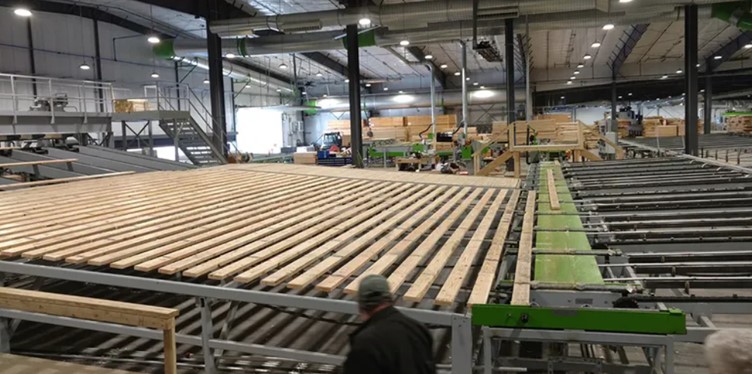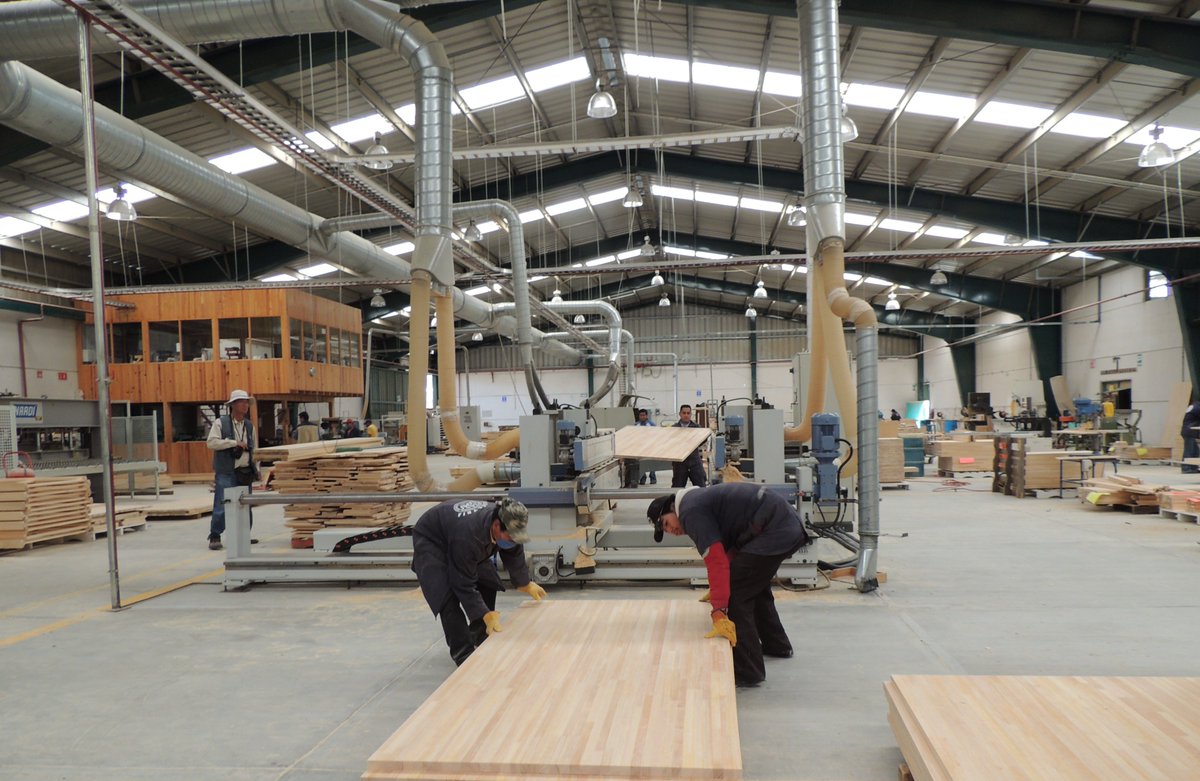Forestry and Beekeeping Based Technology (FBBT)
Forestry and beekeeping are two important industries that contribute significantly to global economies and environmental sustainability. The use of innovation-based technology has led to significant advancements in both fields, resulting in improved efficiency, productivity, and sustainability.
Forestry Innovation-Based Technology:
Forestry technology has come a long way in recent years, with innovations that have revolutionized the way the industry operates. One such innovation is the use of drones for forest monitoring and management. Drones equipped with advanced sensors and cameras can capture detailed images of the forest, allowing for accurate mapping of forest resources, identification of invasive species, and assessment of forest health.

Another innovation is the use of precision forestry techniques, which involve the use of advanced mapping and data analysis tools to optimize forest management practices. This allows forest managers to make more informed decisions about harvesting, replanting, and forest conservation, resulting in more sustainable and productive forest ecosystems.
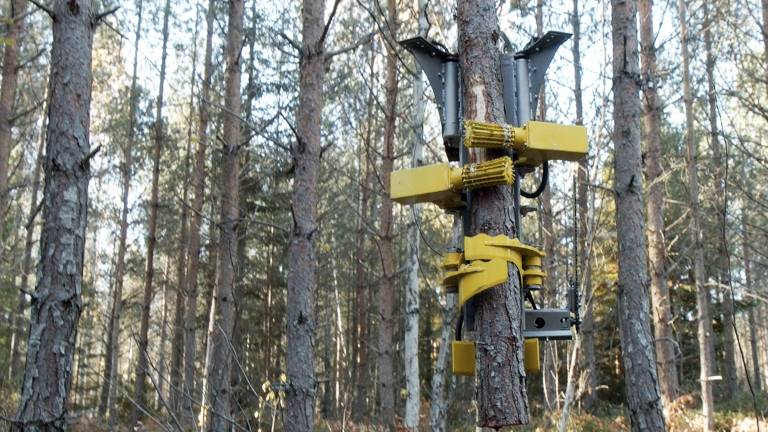
In addition, advancements in forest genetics have allowed for the development of improved tree varieties with desirable traits such as disease resistance, faster growth, and higher wood quality. The use of biotechnology in forestry has also led to the development of genetically modified trees with traits that enhance sustainability, such as increased carbon sequestration.
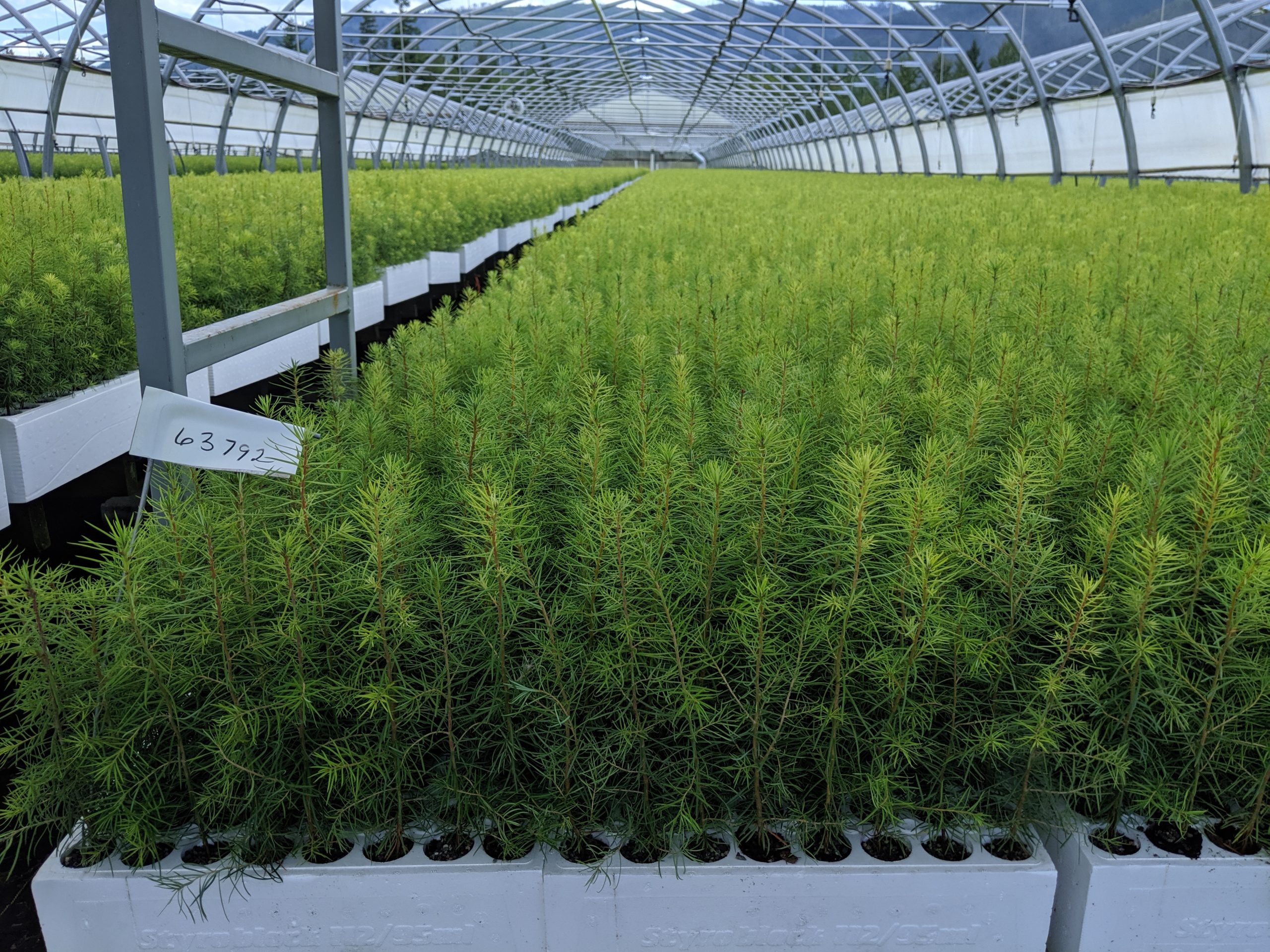
Beekeeping Innovation-Based Technology:
Beekeeping is an important agricultural industry that provides pollination services for many crops, including fruits, vegetables, and nuts. Advances in beekeeping technology have helped to improve hive management, increase honey production, and enhance the health and well-being of bees.
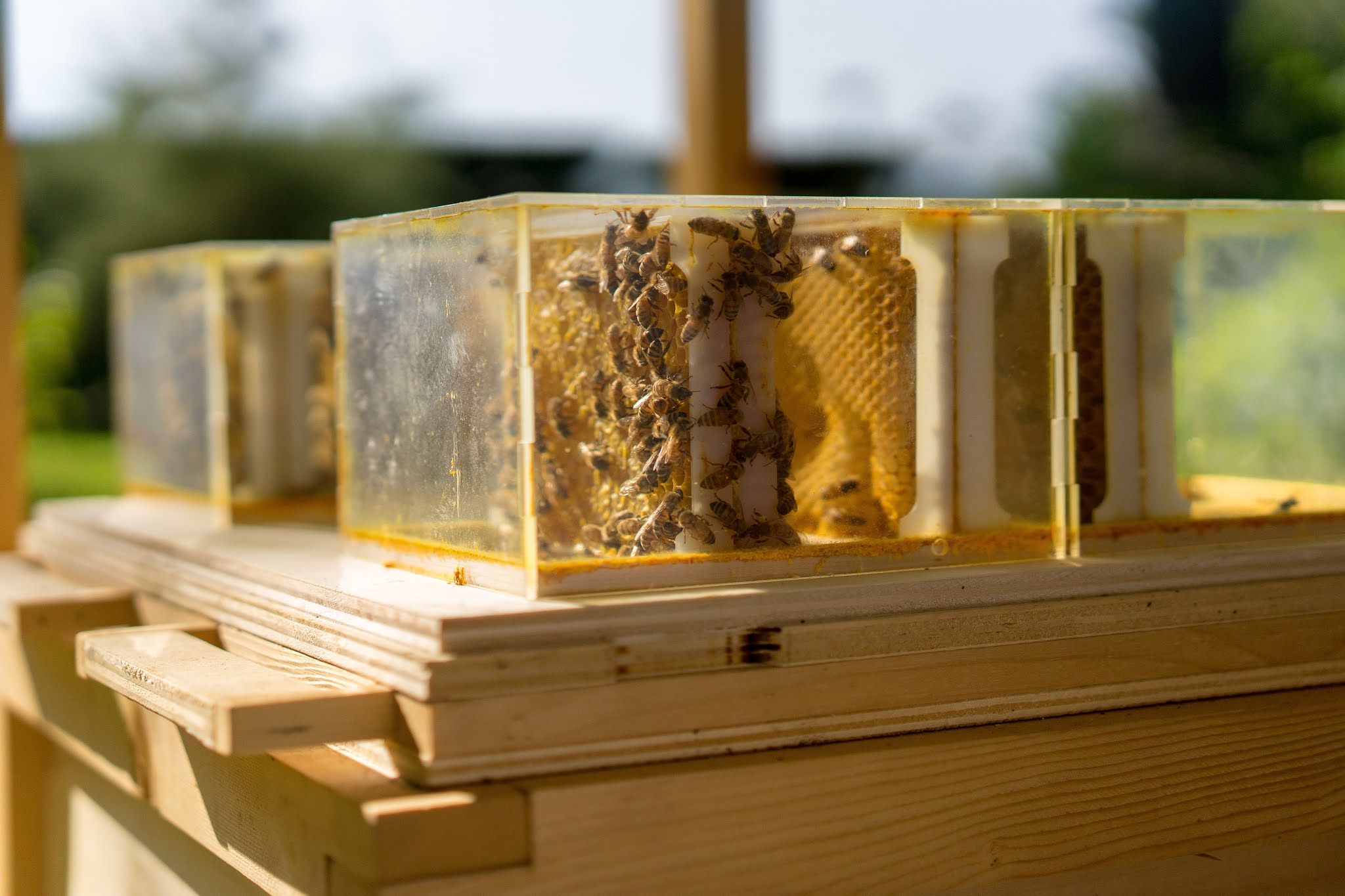
One innovation is the use of electronic sensors to monitor hive conditions, such as temperature, humidity, and honey production. This allows beekeepers to track the health and productivity of their hives in real-time, enabling them to make informed decisions about hive management.
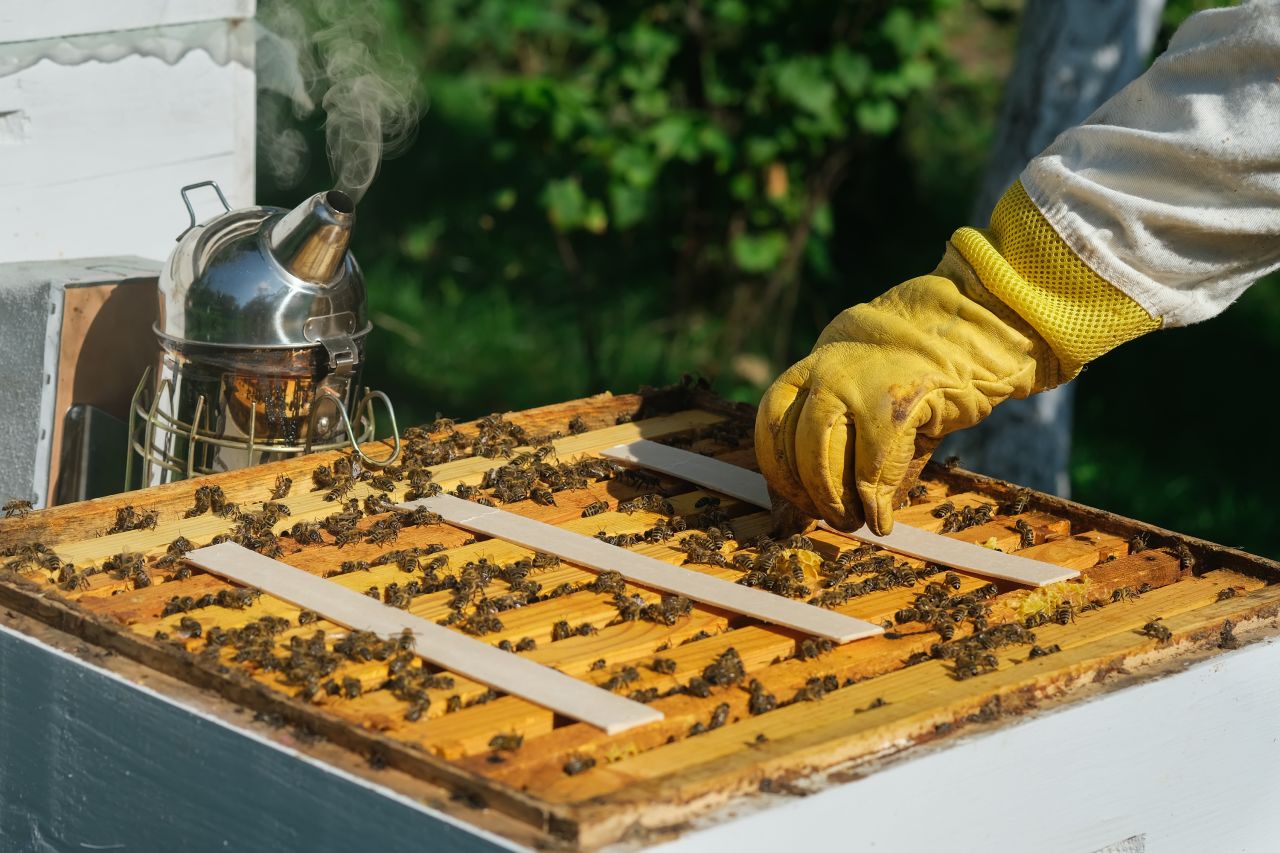
Another innovation is the use of precision beekeeping techniques, which involve the use of data analytics to optimize hive management practices. This allows beekeepers to identify patterns and trends in hive behavior, such as honey production, disease outbreaks, and swarming, and take proactive measures to maintain hive health.
Furthermore, advancements in bee genetics have allowed for the development of improved bee strains with desirable traits such as disease resistance, better honey production, and more efficient pollination.
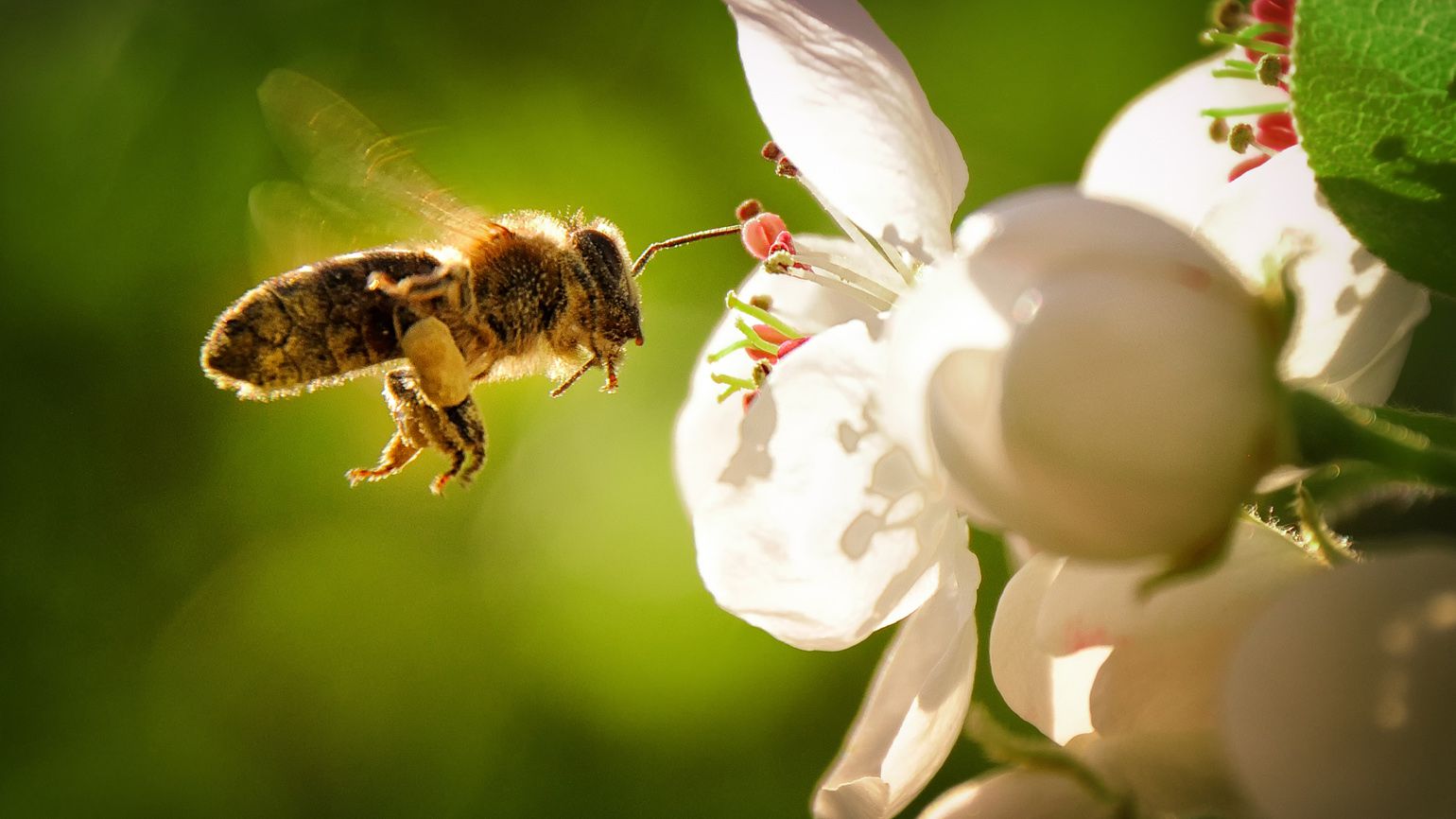
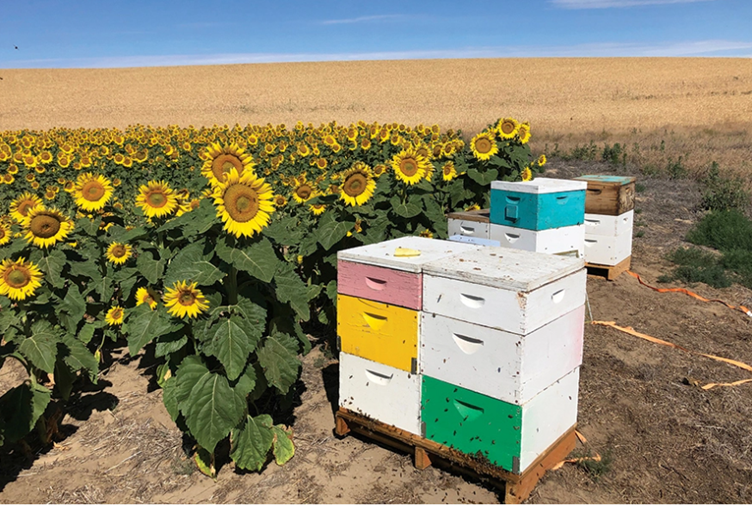
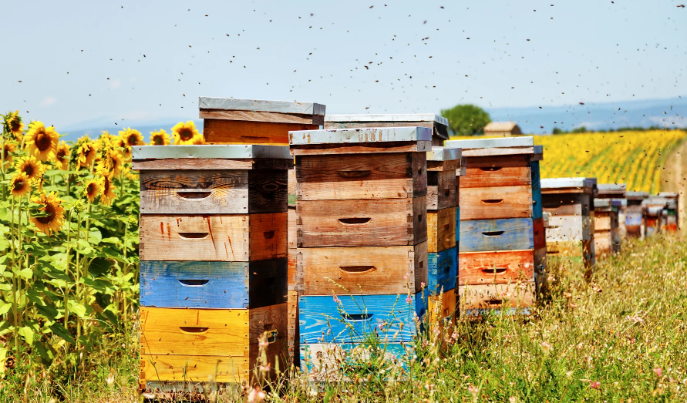
Innovation-based technology has transformed both forestry and beekeeping industries, leading to improved productivity, efficiency, and sustainability. These advancements have helped to ensure the long-term viability of these industries, while also contributing to environmental conservation and sustainability efforts. As technology continues to evolve, it is likely that we will see even more exciting innovations in these industries in the future.
